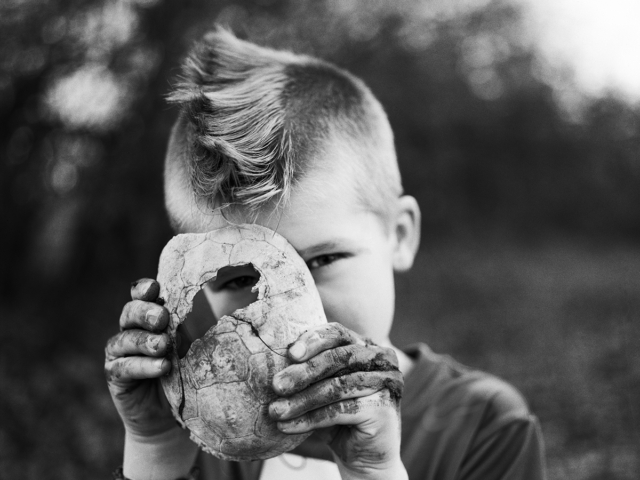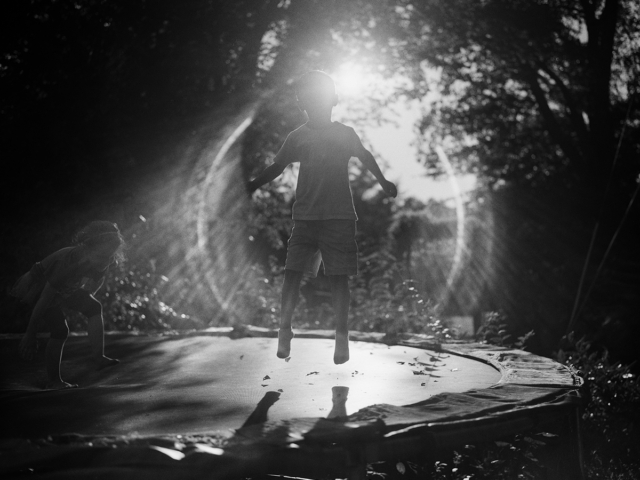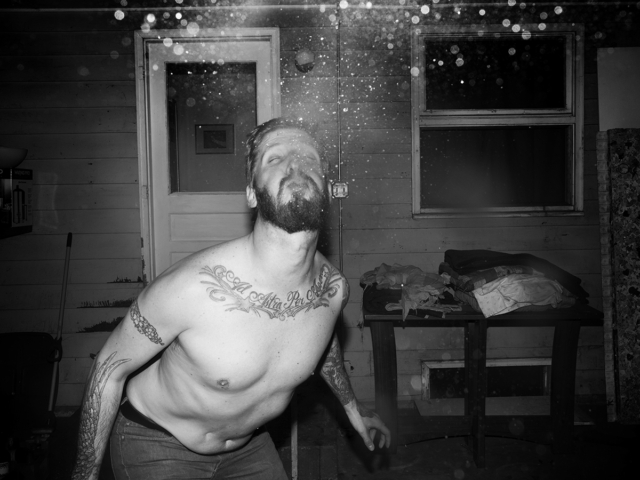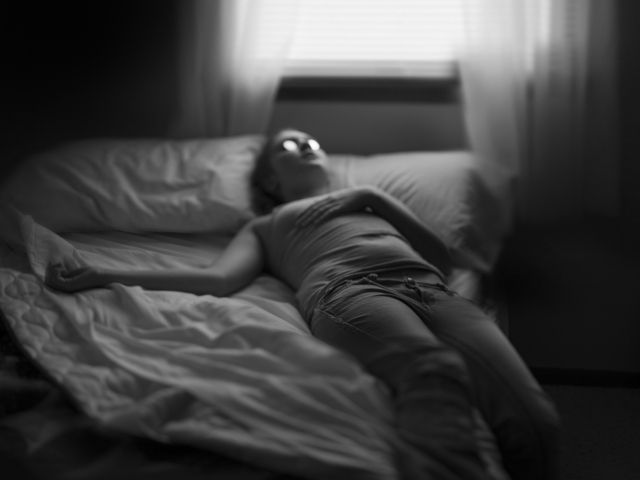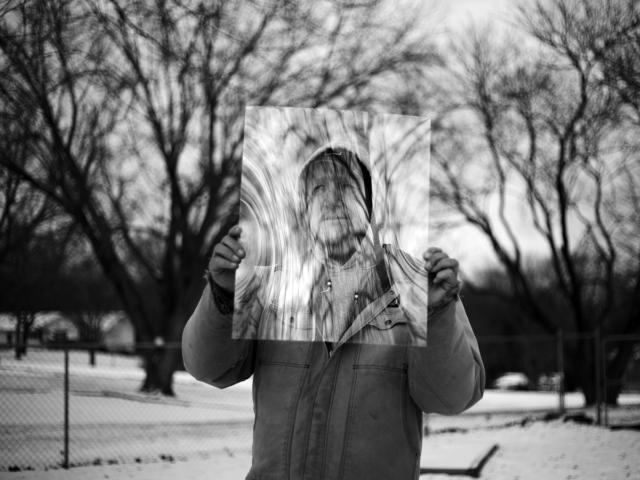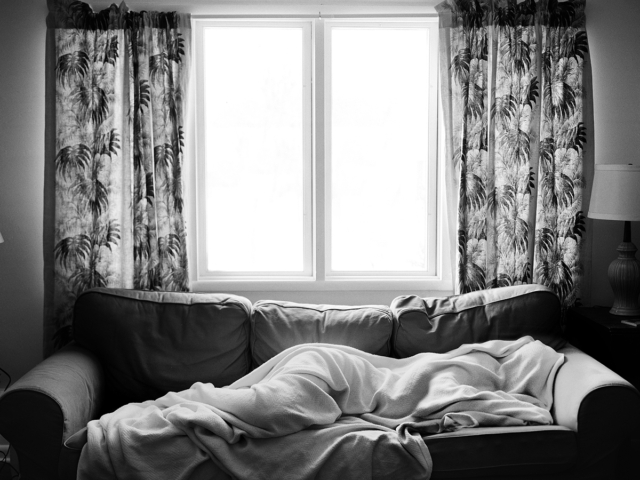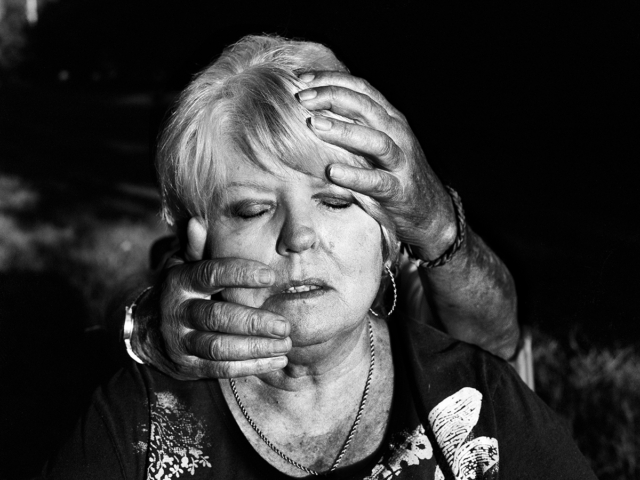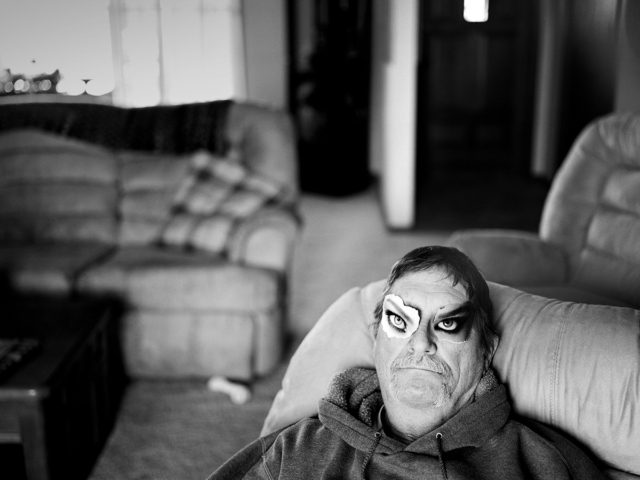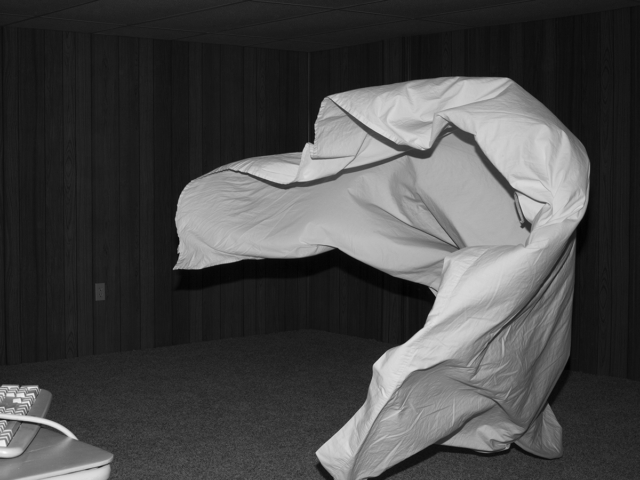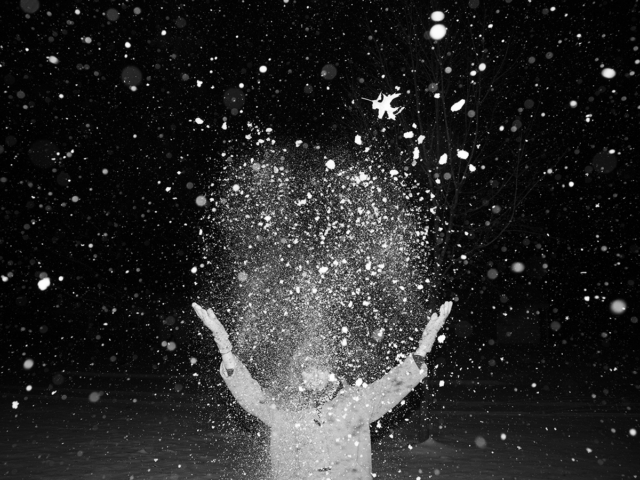Daniel Coburn
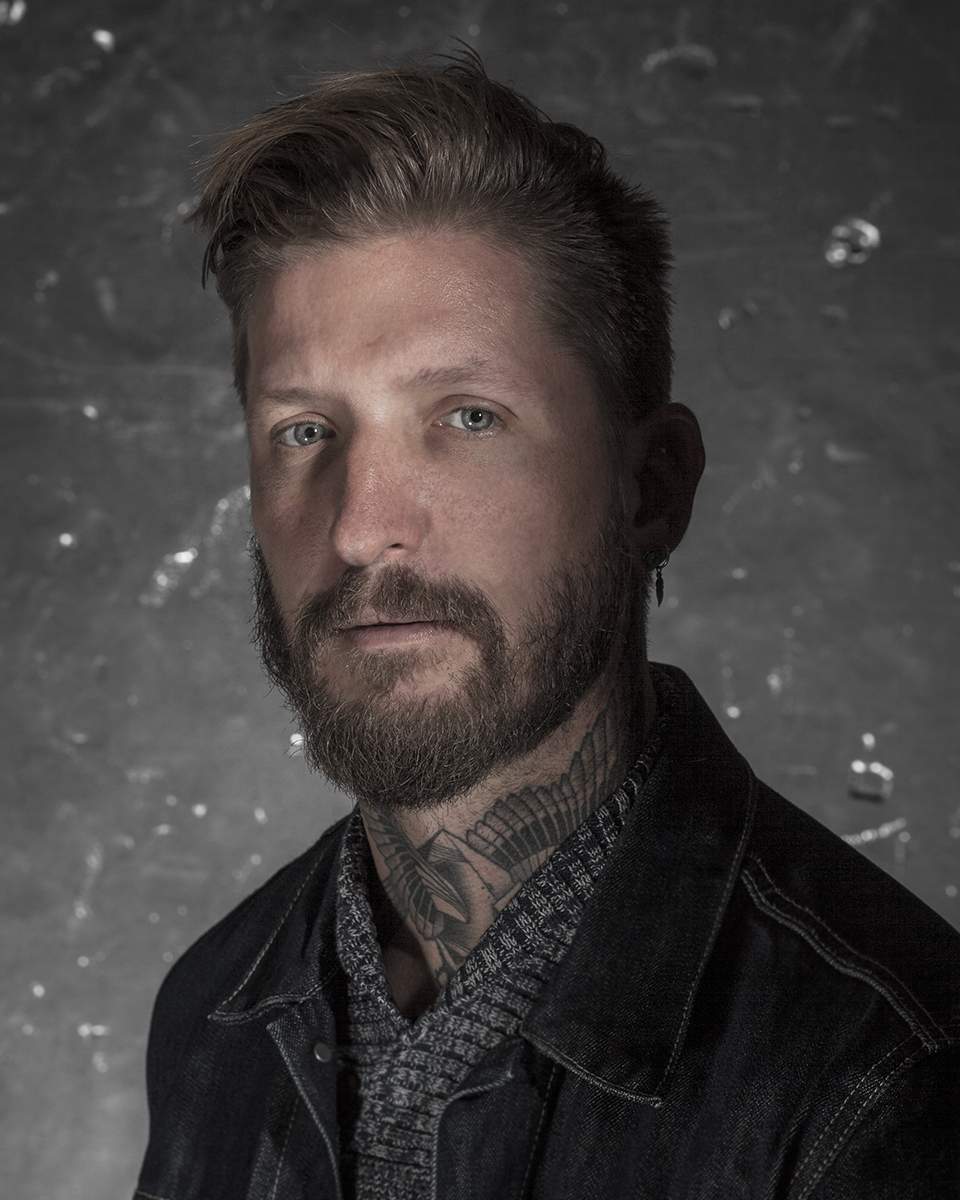
About
Daniel Coburn (https://www.danielwcoburn.com/) was born in San Bernardino, California in 1976. His work and research investigate the family photo album as one component of a visual infrastructure that supports the construct of the American Dream. Coburn’s prints are held in collections at major institutions including the Museum of Contemporary Photography at Columbia College, The Marianna Kistler Beach Museum of Art, and the University of New Mexico Art Museum. His photographs have been the subject of solo exhibitions at the Mulvane Art Museum, Silver Eye Center for Photography, Filter Photo Space and La Fototeca Gallery. Photographs from Daniel’s comprehensive body of work have appeared in numerous international group exhibitions including Álbum de Família at Centro Municipal de Arte Hélio Oiticica, in Rio de Janeiro, Brazil. His first monograph, The Hereditary Estate, was published by Kehrer Verlag in 2015. Daniel Coburn is a recipient of a 2017 John Simon Guggenheim Memorial Fellowship. He was named as a finalist for the Arnold Newman Prize for New Directions in Photographic Portraiture the same year. Coburn received his MFA with distinction from the University of New Mexico in 2013. He has served as Assistant Professor of Photography at the University of Kansas for five years and as a Lecturer of Contemporary Art at the University of Sydney, Australia. Daniel currently resides in Mexico where he continues his work as an independent artist and educator.
Daniel Coburn Portfolio
LACP Interviews Daniel Coburn
LACP asks Daniel Coburn ten questions about his background, career in and beliefs about photography
Los Angeles Center of Photography: What kind of photographer are you?
Daniel Coburn : I think of myself as an artist who uses the camera to critically examine the world. Most of my work centers around the topic of family. My projects are designed to illuminate important issues that are often suppressed in traditional family photo albums. I believe photography is a language that can be studied and practiced in a way that transforms our understanding of the world
LACP: How long have you been shooting?
DC: I believe that I found my calling as an artist when I was just a teenager. Throughout my life I have made paintings and drawings and sculpture. I have been making serious photographs for about fifteen years now.
LACP: Where did you get your training?
DC: I received my Bachelor of Fine Arts from Washburn University in 2010. I completed my MFA in Photography at the University of New Mexico in 2013. However, I believe that learning takes place through the act of constantly making photographs, and by regularly engaging in critical discussion with one’s peers and mentors.
LACP: When did you know you wanted to devote your life to photography?
DC: I became obsessed with photography as soon as I began to realize the impact that it has on our daily lives. Photographs have the potential to radically alter our perception of world around us. I believe that photography, in all of its forms, is the most powerful artistic medium on the planet. As soon as I realized this (about fifteen years ago) I began to devote my life to visual literacy and to helping others gain a command of photographic language.
LACP: Did you ever come close to giving up?
DC: Being an artist is not an occupation, it is a way of life. Self-doubt is an important part of the creative process. Something is seriously wrong if you don’t question or challenge your own motives for making pictures. So yes, I have doubts on a daily basis.
LACP: Have you sacrificed anything by being a photographer?
DC: I live a very humble life as artist. I’m not interested in accumulating wealth or living a “traditional” lifestyle. I choose to look at the world through a critical lens. This can be difficult and disheartening at times, but I prefer to be alert, conscious, aware, and ready to take action.
LACP: What have you gained by being a photographer?
DC: I have gained confidence and I am proud that I am using the camera to encourage others to see the world from a different vantage point. I have gained a wonderful network of friends—a strong community with members that help elevate and encourage one-another.
LACP: What classes do you teach at LACP?
DC: I am teaching a Visual Storytelling Workshop that helps students gain a better understanding of visual language and how photographs can be employed to create a compelling narrative.
LACP: What do you love most about teaching?
DC: I really enjoy nurturing the unique voices of my students. We all have something very important to reveal to the world through our photographs. It is exciting to watch my students evolve into mature and influential artists. I feel obliged and fortunate to help others become successful artists and photographers.
LACP: What advice would you give someone who is thinking about making a career in photography?
DC: Be persistent and learn to love making pictures. Always be open to criticism— work to become your own biggest critic. Understand that you will never perfect your practice as a photographer—you will only evolve. Work to push yourself into new and interesting psychological territory. This type of practice will always keep you moving forward—striving for something new or something that is just out of your reach.
